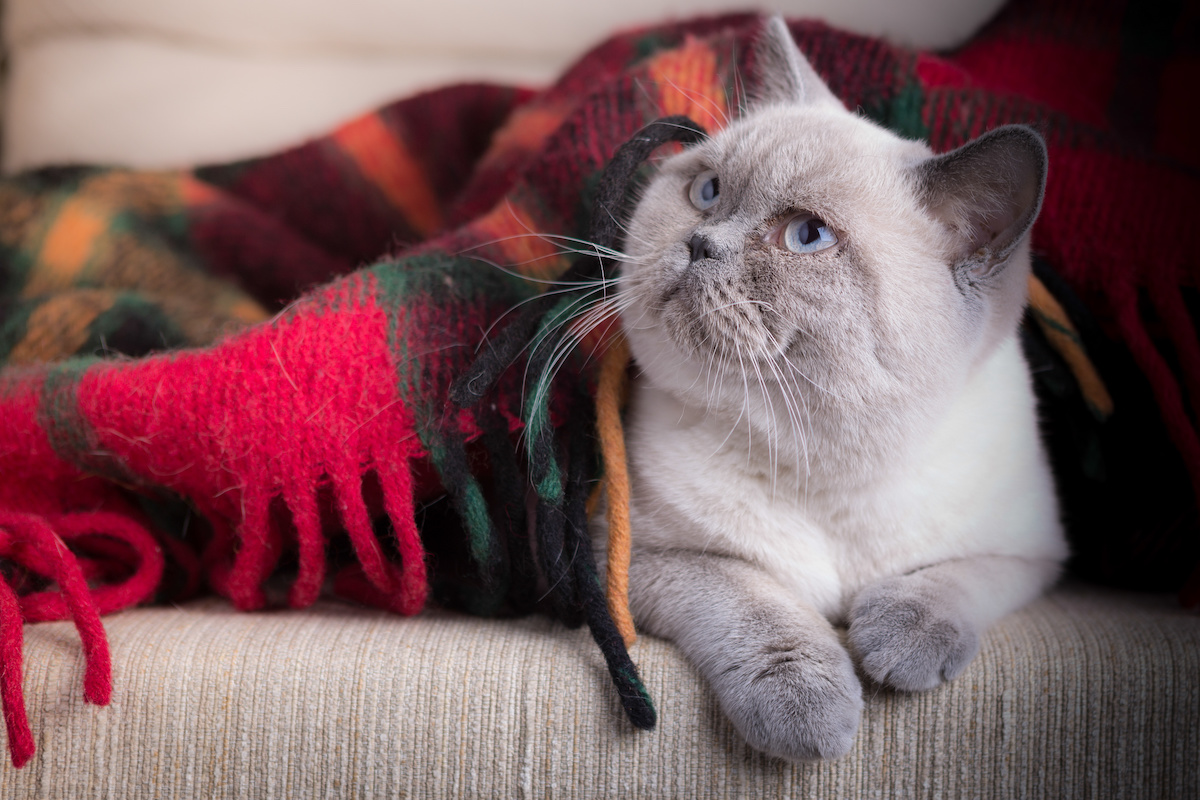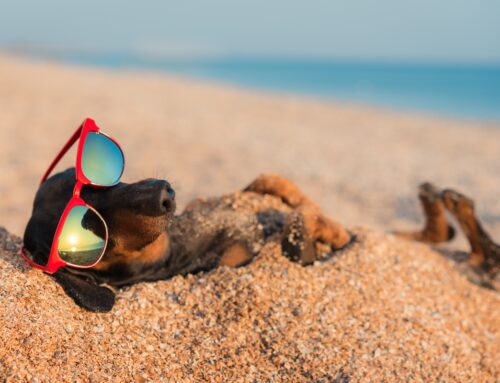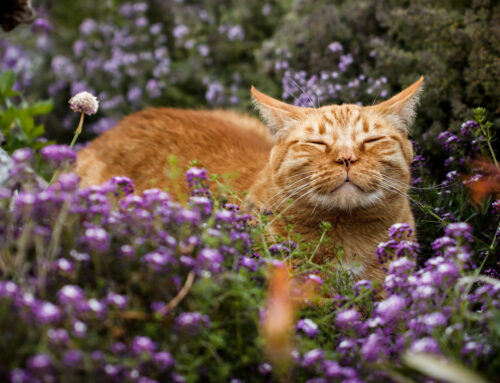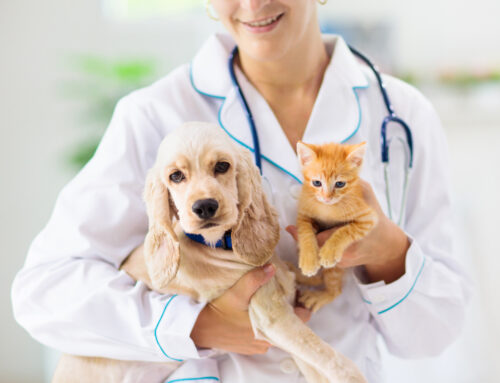As cats age, taking care of them can be a very trying experience for both you and your pet. Your cat’s advanced age is a joy to you for providing years of companionship, but it’s also a bit of a worry. You want to make sure your beloved feline is living as well and as long as possible, and knowing how to properly take care of a senior cat can make all the difference.
You want to do everything in your power to see that your pet is comfortable and healthy, and proper care is vital to their health and happiness. As a senior cat gets older, there are a few things you can do to maximize the quality of life they have left.
What is the Life Expectancy of a Cat?
The life expectancy of a cat can surpass the life expectancy of dogs, especially large breed dogs. According to the ASPCA, the average lifespan of an indoor cat is 15 years, which increases to 18 years if they are allowed to go outside. The average lifespan of an outdoor or feral cat is between 2 and 5 years.
The truth is that cats are living longer than ever before. In the U.S., an estimated one in three pets is now a cat, and American cats live an average of 14 years. The oldest cat ever was Creme Puff who lived to be 38 years old.
Top Recommended Senior Cat Care Products
What products do you need to properly care for your senior cat? We have a list that can help you provide the best care possible in between vet care visits.
Grooming
Grooming is just as important for senior cats as it is for younger cats. As they get older, their coat tends to become duller and less distinct. Grooming can help keep the coat shiny and bring out the distinct markings in its fur.
If you have a senior cat, there are a few grooming tools you should keep in your pet first aid kit. First, a comb is good for getting out tangles and removing dead hair. A flea comb will also remove any fleas that your cat may have picked up.
Grooming your cat can be stressful if they aren’t used to it. Make sure to praise them and give them treats so that they associate being groomed with positive experiences.
Toys for Senior Cats
Playtime isn’t only for kittens. However, the most important thing to remember when it comes to toys for senior cats is that they’ll be less active than younger cats and need toys that can help them work their minds. You can also use toys to distract older cats when you’re trying to give them medicine.
If your cat is getting up there in years you may be wondering what toys are best for them. Toys for senior cats should be designed to stimulate their mind and body, as well as encourage them to move.
Preferably, senior cat toys should also be designed to be easy for them to pick up and carry around the house.
Cat Bedding
Most people use cat beds for their cats to sleep in, but they can also be used as a place for your cat to play and hang out. Cat beds are great for cats who can’t get into a cat tree because they’re too big or they’re simply not interested in climbing. They may also be too old to climb like younger cats.
A soft bed placed on the floor is great for cats of all ages. Nest-style bedding is also a favorite with older cats as they can snuggle down deep, which helps them feel safe.
Flea and Tick Prevention
Flea and tick prevention is critical for both dogs and cats. Some flea prevention options are much more effective than others. While you can buy over the counter, the best course of action is to invest in flea prevention from your local veterinarian’s office. You can find flea prevention methods including topical applications as well as pills.
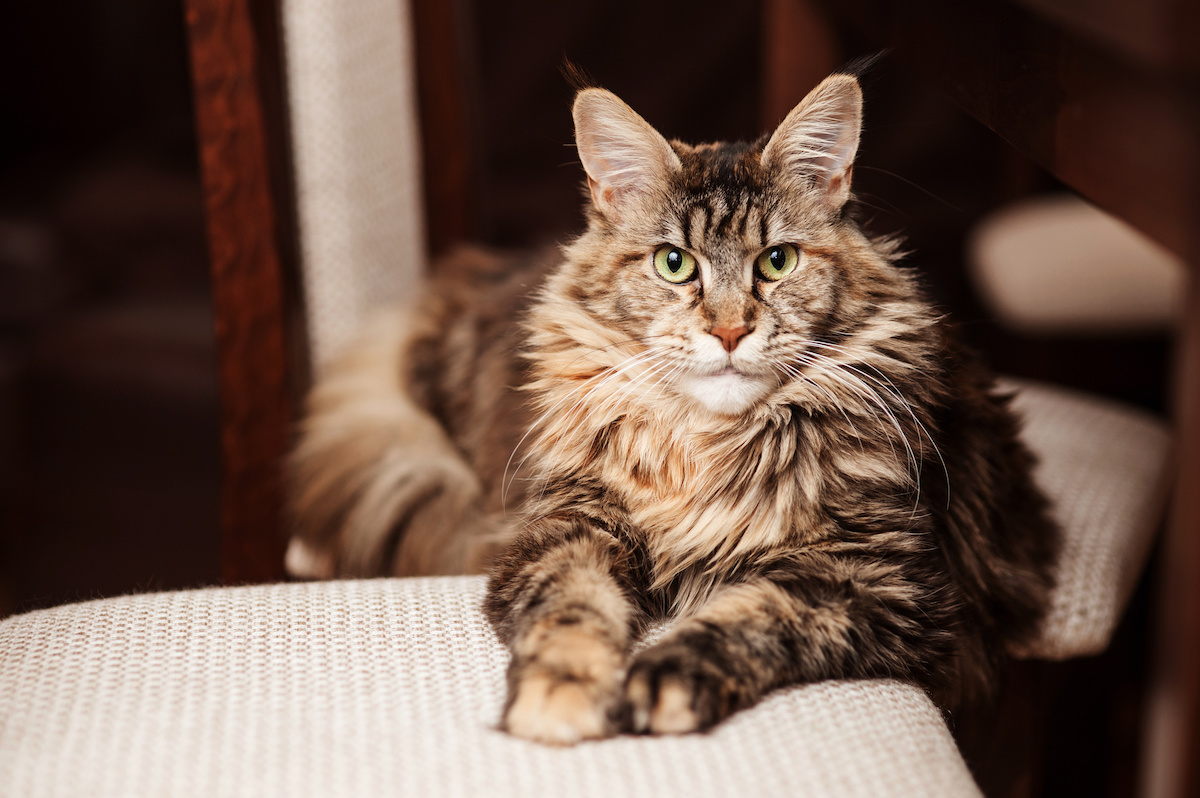
Senior Cat Diet
Senior cats may experience digestive problems. Obstructive sleep apnea and gastroparesis are common complaints among cats, which can worsen with a poor diet and being overweight. Their bodies take longer to metabolize food, which can lead to weight changes.
If your cat is having digestive issues, you might notice they may begin strange eating habits. You may find that cats will graze on grass when they have an upset stomach. This is similar to what you will find when you see a dog eating grass, which is normally because of digestive problems as well.
Your senior cat may benefit from eating rice or some other low-starch, easy-to-digest food. Protein is important for a senior cat’s diet as well. When choosing natural, grass-fed meats, get them ground turkey, chicken breast, beef, venison, or other cuts that are easy to chew.
Incorporating Protein in Your Cat’s Diet
Need other ideas for senior cat food? When shopping for senior cat food, look for sausages, cheeses, nut butter, and other soft meats that are high in fats, preservatives, salt, and sugar. They’re low in fat and should contain at least 30 grams of protein on a 1 ounce (28-gram recommended by the USDA).
This, of course, is taking into account the fact that fat slows digestion and seniors are more prone to heart disease. Finding the right diet for your senior cat is a delicate balance, and a veterinarian can help point you in the right direction.
Senior Cat Dental Health
You can’t see it or feel it, but plaque and tartar are building up on your cat’s teeth, day after day. Left unchecked, this buildup will eventually harden into a substance called calculus, which is also known as tarter. Tartar is the main culprit behind bad breath in cats.
The more tartar you allow to buildup on your cat’s teeth, the greater the risk that the bacteria in her mouth will start to spread through her bloodstream and eventually get into her bones, joints and organs.
Signs that Your Cat Needs a Dental Cleaning
Are you wondering if your senior cat needs a dental cleaning? If you notice any changes in your cat’s behavior like a lack of appetite, drooling, or weight loss, then it’s important to take them to the vet. The American Association of Feline Practitioners recommends that cats receive regular dental cleanings to remove plaque and tartar from their teeth.
Other signs that your cat may be in need of a dental cleaning include clicking noises when they eat, bad breath, and changes in their overall health. The answer to this question is going to depend on your cat’s diet. Most of the time, cats that eat kibble or canned food will need a dental cleaning each year.
If your cat has notably poor dental health, teeth extraction may be necessary for the overall health of your cat.
Why It’s Important to Care for Your Cat’s Teeth
Need a few good reasons to schedule a dental cleaning for your senior cat? Dental disease can lead to serious heart, kidney and liver issues, among other health problems.
Additional reasons why you need to tend to your cat’s dental care is because:
– Regular dental cleanings keep your cat’s mouth healthy
– Dental care helps your cat live a longer and healthier life
– Clean teeth are better for your cat’s overall health
– Dental cleanings help prevent halitosis (bad breath)
How to Keep Senior Cats in the Best Health Possible
How can you ensure that your cat lives the longest, healthiest life possible? There are several ways to have your furry friend around for many years to come:
- Take your senior cat to the vet once every six months. The health needs of a senior cat are different than kittens and middle-age cats.
- Talk to your veterinarian about any behavioral changes. This can signify problems in terms of both mental health as well as physical health.
- Be sure to order bloodwork for your cat at least once a year. Bloodwork can uncover underlying medical issues including kidney disease.
- If your cat has never had a dental cleaning before, be sure you schedule an appointment to prevent dental disease.
- Incorporate a grooming routine for your cat. Cats don’t always like the sensation of brushing, but having their coat maintained is important.
Schedule a Senior Checkup Now
Are you ready to schedule a checkup for your aging feline? Please contact us to set up an appointment. We will provide a health exam to keep your senior cat happy and healthy for many years to come.

